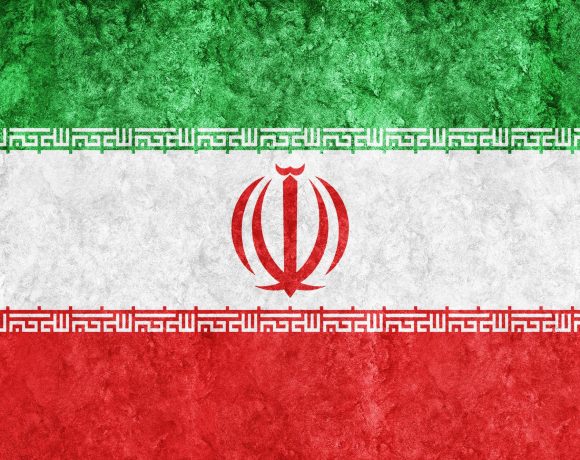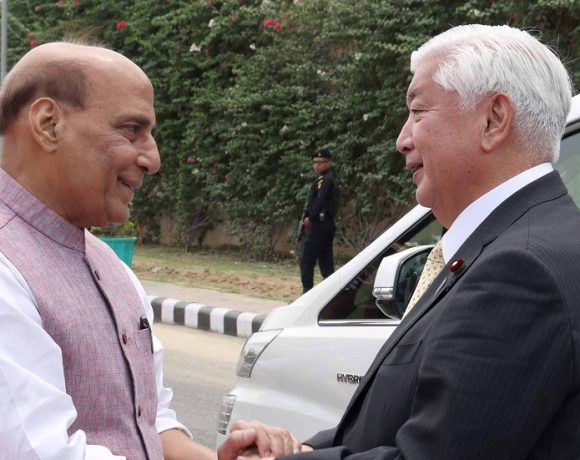
China Greenlights World’s Largest Dam, Raising Regional Risks
China has approved the construction of what will become the world’s largest dam, sparking serious concerns among neighboring countries, including India and Bangladesh. The dam, to be built on the Yarlung Tsangpo River, is expected to generate massive hydropower but poses significant environmental and geopolitical risks for downstream nations.
Geopolitical Implications for India and Bangladesh
The Yarlung Tsangpo, known as the Brahmaputra River as it flows into India and Bangladesh, is a critical water source for millions. The proposed dam project raises fears of water security issues and disruptions to downstream flows, potentially affecting agricultural activities and livelihoods in these regions.
Experts warn that the dam could allow China to control water flow, creating vulnerabilities for India and Bangladesh, especially during times of drought or excessive rainfall. This control could escalate existing tensions and impact regional stability.
Environmental Concerns
Environmentalists have expressed alarm over the project’s potential impact on the river’s ecosystem. The dam, if constructed, will require massive infrastructure, potentially leading to habitat destruction, biodiversity loss, and displacement of local communities.
Critics also highlight the risks of dam-induced flooding and sedimentation, which could have long-term effects on the river’s health and the fertile plains it nourishes downstream.
China’s Strategic Intent
The dam is part of China’s broader plan to expand its hydropower capacity, aiming to reduce reliance on fossil fuels and meet its renewable energy targets. While Beijing asserts that the project is intended for clean energy generation, its strategic location near the Indian border has raised suspicions about underlying motives.
India and Bangladesh are expected to monitor the situation closely and may push for international discussions to address the potential risks posed by the dam. Multilateral engagement and cooperative water-sharing agreements could play a crucial role in mitigating tensions and ensuring equitable resource distribution.
As the project moves forward, its implications for environmental sustainability and geopolitical relations will remain under scrutiny, making it a critical issue for the region.


















